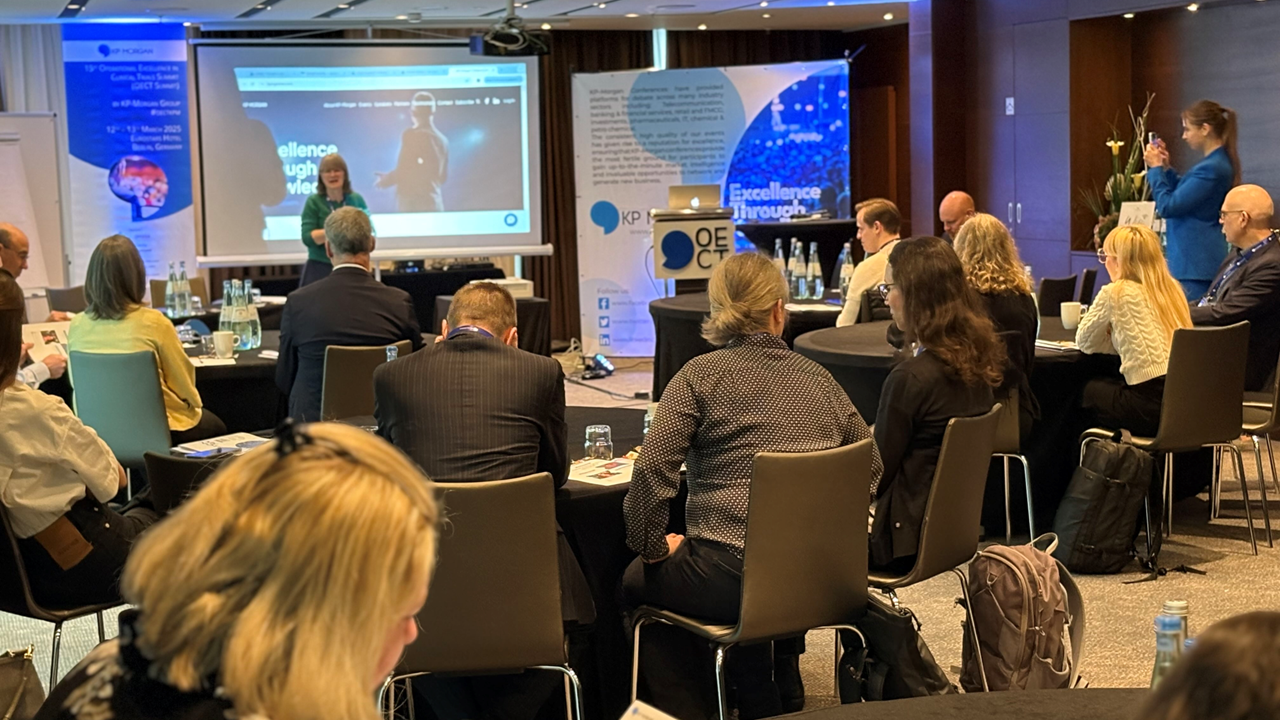A review study recently published in the American Psychological Association’s journal, Psychotherapy, has found that patients are less likely to complete a treatment program for mental disorders if it involves taking psychotropic drugs. The results were based on a meta-analysis of 186 studies of patients who were given treatment recommendations for mental health issues.
The researchers working on the review study analyzed the type of treatment recommended to the patients, whether the patients accepted the treatment, and whether they completed it. Of the nearly 200 studies included in the meta-analysis, 57 included information on whether a patient refused treatment, and 182 of the studies reported patients who prematurely terminated treatment.
In all, the studies provided treatment information for about 24,500 patients. The studies provided a mix of treatment options, including pharmacotherapy, psychotherapy, or a combination of both drug therapy and talk therapy.
“We found that rates of treatment refusal were about two times greater for pharmacotherapy alone compared with psychotherapy alone, particularly for the treatment of social anxiety disorder, depressive disorders and panic disorder,” said lead researcher Dr. Joshua Swift, of Idaho State University. “Rates of premature termination of therapy were also higher for pharmacotherapy alone, compared with psychotherapy alone, particularly for anorexia/bulimia and depressive disorders.”
The average treatment refusal rate across all the studies in the meta-analysis was 8.2 percent, however patients who were only offered pharmacotherapy – as opposed to psychotherapy – were nearly twice as likely to decline treatment. The average premature termination rate across the studies was 21.9 percent, with patients on pharmacotherapy alone 1.2 times more likely to quit treatment early.
Interestingly, the researchers found no statistically significant difference for treatment refusal and premature termination rates between pharmacotherapy or psychotherapy, and combination treatments. According to Swift, the findings were not unexpected, however some disorders showed surprisingly high rates of refusal.
Patients diagnosed with panic disorders were nearly three times more likely to refuse drug-only therapy. Similarly, patients with depressive disorders were 2.16 times more likely to refuse pharmacotherapy as a stand-alone treatment.
The study’s co-author, Dr. Roger Greenberg, of SUNY Upstate Medical University, says that more American mental health patients are being treated with pharmacotherapy, compared to psychotherapy, due in part to increased access. However, Greenberg and others believe that psychotherapy is often a better first-line treatment for mental health problems, because talk therapy is often associated with better treatment outcomes and fewer side effects.
“Our findings support that argument, showing that clients are more likely to be willing to start and continue psychotherapy than pharmacotherapy,” said Greenberg. “Patients often desire an opportunity to talk with and work through their problems with a caring individual who might be able to help them better face their emotional experiences. Psychotropic medications may help a lot of people, and I think some do see them as a relatively easy and potentially quick fix, but I think others view their problems as more complex and worry that medications will only provide a temporary or surface level solution for the difficulties they are facing in their lives.”












Join or login to leave a comment
JOIN LOGIN